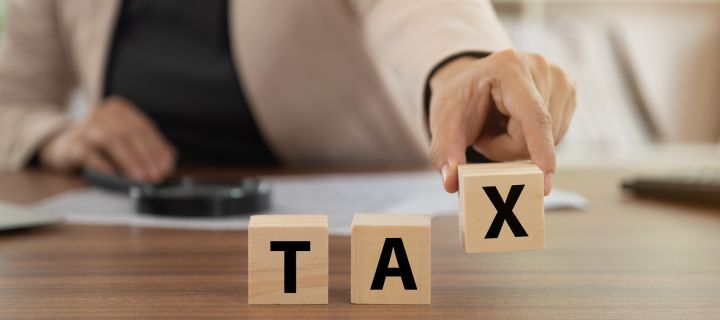
Many people have to pay emergency tax on pension withdrawals. Usually, this situation arises when a large or ad hoc sum has been withdrawn. HMRC then applies an ‘emergency tax code’ to income payments. Let’s explore why this happens and what you can do when it comes to reclaiming overpaid pension tax.
Emergency tax code for pension withdrawal
When your pension funds have ‘crystalised’, this means they are ready for you to gain access through a withdrawal or an annuity. The first 25% of your pension income is tax free, but any further payments are taxed using Pay As You Earn (PAYE) rules.
HRMC will often apply an ‘emergency tax code’ to a taxable pension income payment. It’s a common scenario when a pension pays out a single or one-off payment. The reason this happens is because HMRC assumes that you plan to take out this same amount every month. This can result in an overpayment of income tax, which will either be reconciled, or you would need to reclaim.
Another reason that an emergency tax code may have been applied is because the pension provider does not have your up-to-date tax code. As a result, withdrawals would also then come under the emergency tax basis. Emergency tax is temporary and usual for month 1 of your first taxable pension payment. Income tax for pensions is calculated using various rates and rules.
When taking taxable income for the first time, HMRC will instruct your pension provider on how much tax to deduct. This means they are likely to collect more tax than you should really be paying for the first 1 – 2 months. However, this usually corrects itself by month 3, when you should start paying the correct level of tax.
Any under or overpayments should be corrected automatically. However, if you can provide a P45 to your pension scheme provider, this can sometimes help speed up the process. Remember, HRMC might have applied the correct tax code, so there would be no grounds to reclaim the tax. Therefore, you will need to double check the tax code before reclaiming an overpayment.
How to reclaim overpaid tax on pension
If you are changing the amount you regularly take from your pension, then HMRC might collect more or less tax than you should really be paying. As above, this should correct itself by month 3, and any under or overpayments will then be automatically corrected.
In some instances, you might not want to wait for HMRC to reconcile the correct tax payments or the tax code might be incorrect. The reclaim process is relatively straightforward and involves completing an online form. However, it’s worth bearing in mind that it can often take a number of months for the tax to be repaid to you.
Here are three useful HMRC links to help you reclaim pension tax:
- Claim back tax that HMRC owes you on a small pension lump sum.
- Claim back tax if you’ve flexibly accessed part of your pension.
- Claim a tax refund when you’ve flexibly accessed all your pension.
Pension Advice, Nottingham and Lincoln
It’s worth noting that regular withdrawals enables HMRC to apply relevant tax codes, which they will usually correct over the tax year. If you have an urgent or short-term need to access your pension income, an emergency tax code may be applied. Depending on the urgency and amount you wish to withdraw, applying to reclaim overpaid tax might prove beneficial.
Understanding the amount of tax due to be paid on pension payments is useful and will avoid any confusion. If you need pension advice, our team can carry out a review and we will advise you on pension tax. We will explain your options and how you might be affected by an emergency tax code for your first taxable withdrawal.
If you would like a pension review, get in touch to speak to our financial planning team.
Sources:
https://techzone.abrdn.com/public/pensions/emergency-tax-and-pensions-guide
https://adviser.royallondon.com/technical-central/pensions/case-studies/emergency-rate-income-tax/
https://community.hmrc.gov.uk/customerforums/pt/7ab63fd3-39a2-ee11-a81c-002248004b84

